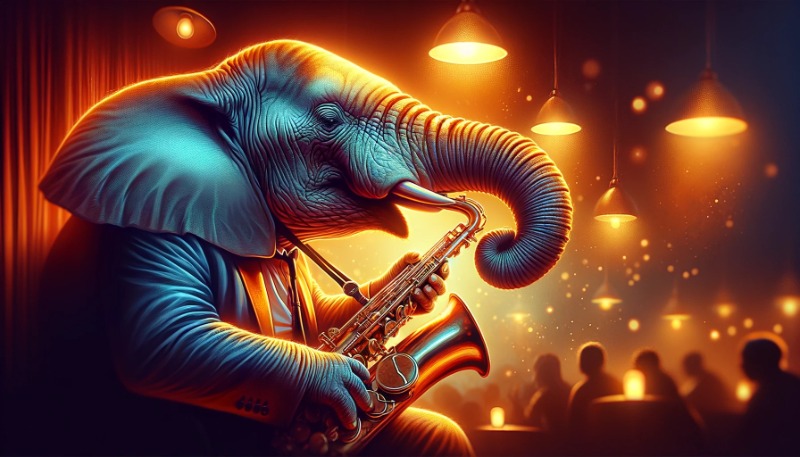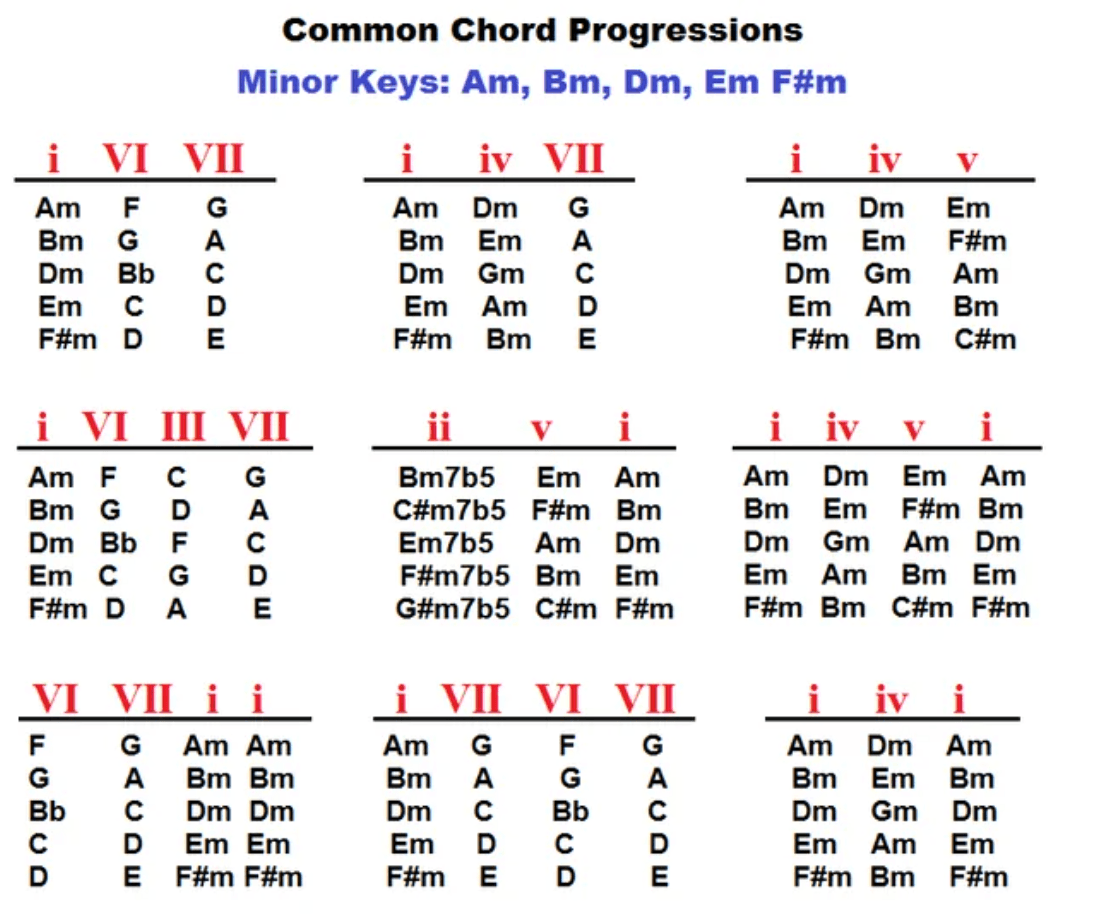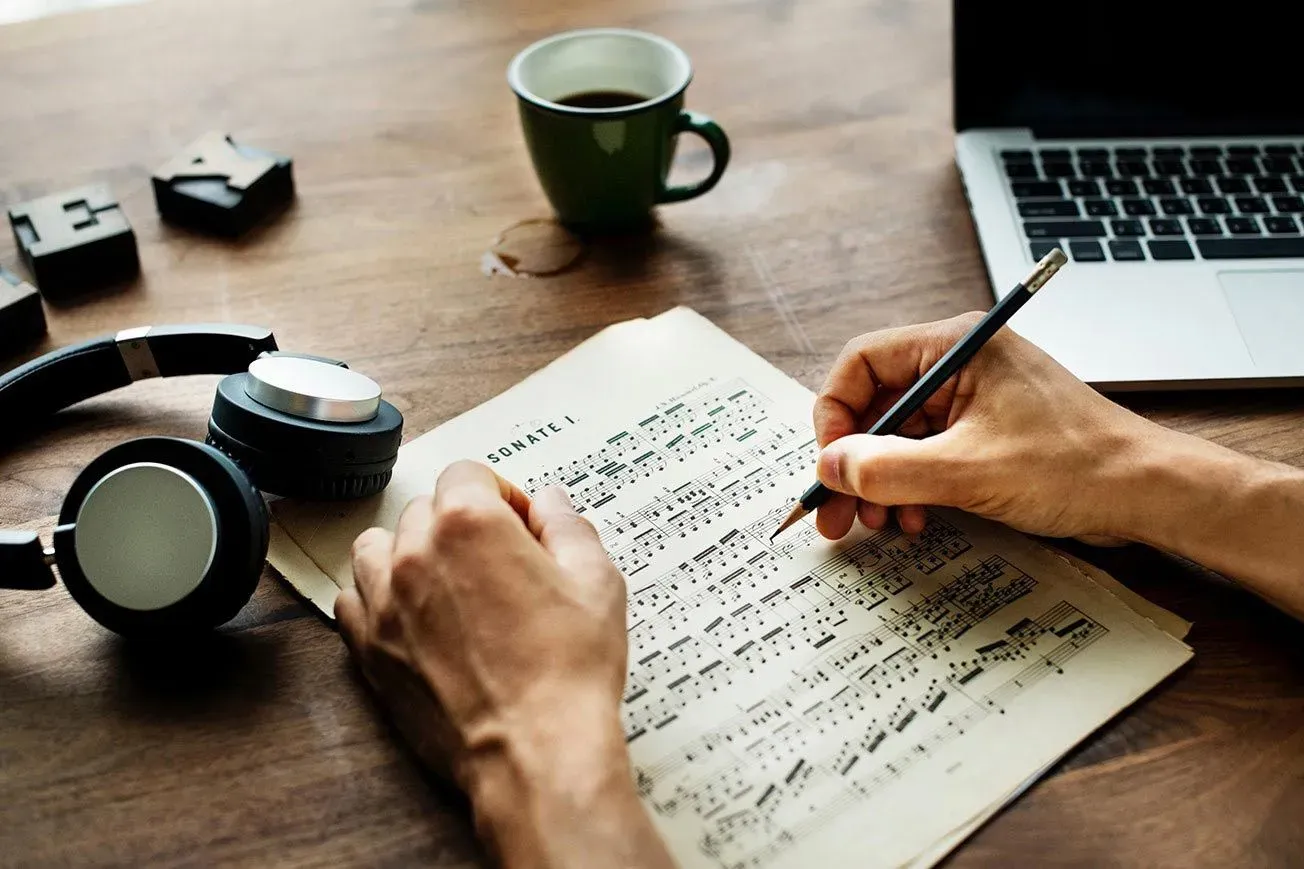AI music tools are a catalyst for creativity, offering a new realm of possibilities in audio production.
Let's explore how AI can be a valuable assistant in your songwriting journey, helping explore new territories in music!

Why AI in Music is a Game Changer
The integration of audio AI tools in music production represents a significant shift in how artists approach songwriting and composition. These tools, equipped with advanced algorithms and machine learning capabilities, are redefining the boundaries of creativity in music.
AI's role in music is about enhancing the creative process. For instance, AI can analyze vast datasets of music to suggest unique chord progressions, melodies, and rhythms.
This capability is particularly beneficial for artists exploring new genres or seeking to infuse their work with novel elements.
In this article, we list some ways that AI can assist throughout the music creation process, from writing lyrics to composing melodies, generating chord progressions, enhancing full-scale compositions, and even streamlining the mixing and mastering stages.
1. AI Lyrics Generator: Writing with AI
AI lyric generation tools utilize complex algorithms and natural language processing (NLP) techniques to create song lyrics.
These tools are trained on large datasets of existing songs, encompassing various genres and styles, which allows them to understand and mimic different lyrical structures and themes.
The process involves analyzing patterns in word usage, rhyme schemes, and thematic consistency, enabling these tools to generate lyrics that are coherent and stylistically appropriate for different musical genres.
Genre-Specific Lyric Generation
A significant feature of these tools is their versatility across various musical genres. For instance, they might examine the storytelling elements prevalent in country music lyrics, contrasting with the emphasis on rhythmic patterns and rhyming in hip-hop lyrics.
This genre-specific analysis allows the tools to tailor their lyric generation accordingly.
This genre-specific understanding allows AI tools to suggest lyrics that not only fit the musical structure but also resonate with the genre's thematic essence.
Feature-Rich Tools for Diverse Needs
- Empress Lyrics Lab: This tool focuses on integrating AI-generated lyrics with user input, allowing for a more personalized songwriting experience. It can suggest multiple lyrical options based on a single input, offering versatility in creative choices.
- LyricGen AI: Known for its extensive database, LyricGen AI can generate lyrics across a wide range of themes and genres. It also provides suggestions for rhyming schemes and can adapt to the user's writing style over time.
- RhymeMaster Pro: This tool is particularly adept at creating complex rhyming patterns, making it ideal for genres like hip-hop and rap. It uses phonetic analysis to suggest rhymes that are both unique and rhythmically engaging.
- VerseAI: VerseAI focuses on thematic lyric generation, offering suggestions based on mood, tone, or a specific storyline. This makes it a valuable tool for songwriters looking to explore particular themes or emotional narratives in their music.
- HarmonyHelper: Specializing in harmonious lyric writing, this tool suggests lyrics that align well with predetermined melodies, ensuring that the words and music complement each other.
- EchoLyricist: EchoLyricist leverages AI to provide real-time lyric suggestions during live performances, allowing for improvisation and interactive songwriting experiences.
2. AI Chord Generator: Creative Harmony Generation
AI chord generators harness the power of artificial intelligence to provide musicians with a variety of chord progressions, serving as a significant tool in song composition. These generators use algorithms based on music theory and machine learning to analyze and generate chord sequences.
They can recognize and predict harmonic patterns, offering both conventional and unconventional progressions that are musically sound.
Technical Foundations of Chord Generators
At their core, these generators employ complex algorithms that study a vast array of music genres, understanding the chord progressions that define them. This allows the AI to offer genre-specific chord suggestions.
They also integrate machine learning techniques, enabling the system to learn from user interactions and preferences, thereby improving the relevance of the chord suggestions over time.
Leading Tools in Chord Generation
- Empress Chord Candy: Known for its intuitive interface, this tool provides users with a rich library of chords suitable for various music styles. It also allows for the exploration of chord variations and extensions, pushing the boundaries of traditional harmony.
- ChordMaster AI: This tool excels in personalized chord generation, learning from the user’s past compositions to tailor suggestions. It’s particularly adept at handling complex chord structures, making it a favorite among advanced musicians.
- HarmonyHub: HarmonyHub stands out for its comprehensive database of chords and its ability to provide real-time audio feedback. This feature is invaluable for understanding how different chords sound in a practical context.
- ProgressionPro: Specializing in seamless chord transitions, ProgressionPro offers innovative and musically coherent progressions, fostering creativity in songwriting.
- ChordGenius: This tool is designed for both learning and composing. It not only suggests chords but also explains the music theory behind each progression, making it a great educational tool.
- HarmonicAI: Leveraging advanced AI, HarmonicAI suggests chord progressions based on current musical trends, keeping composers in sync with contemporary sounds.
- MelodyHarmonizer: Unique in its approach, this tool focuses on creating chords that complement existing melodies, ensuring harmonic and melodic coherence in compositions.
3. AI Music Generators: Full-Scale Composition
Full-scale music generators represent a pinnacle in the application of AI in music, providing a comprehensive suite of tools for complete musical composition. These generators employ sophisticated algorithms that integrate machine learning, artificial neural networks, and deep learning techniques.
By analyzing extensive collections of music, they discern underlying patterns in melody, harmony, rhythm, and overall structure. This deep analysis equips them to generate music across a diverse array of styles and genres.
The Tech Behind AI Music Composition
The technology powering these music generators is rooted in the analysis of music theory, composition techniques, and stylistic elements from a wide range of music. By learning from existing compositions, AI algorithms can create new music that resonates with human musical sensibilities.
These systems can also process user inputs like genre, mood, tempo, and even specific musical motifs to create customized compositions.
Leading Tools in AI-Driven Music Creation
- Empress AIO (All In One): This comprehensive tool offers end-to-end music structure creation, from structural melody generation to full structure orchestration. It is equipped to handle various music genres and can adapt compositions based on user feedback and preferences.
- Soundraw: Soundraw specializes in creating unique, royalty-free music for various applications, such as film, games, and digital content. It allows users to fine-tune the generated music to suit specific project requirements.
- AIVA: Standing for Artificial Intelligence Virtual Artist, AIVA is designed for composing complex, layered music pieces, particularly in the classical and cinematic genres. It uses a vast database of classical music to learn and create intricate compositions.
- Musenet: Developed by OpenAI, Musenet is a deep neural network capable of generating compositions with multiple instruments. It can create music in a wide array of styles, from classical to contemporary pop.
- OrchestrAI: This tool focuses on orchestral compositions, using AI to simulate the sound and arrangement of a full orchestra. It’s particularly useful for composers working on film scores or classical compositions.
- BeatBuddy AI: Tailored for electronic and pop music producers, BeatBuddy AI excels in creating rhythmic patterns and beats, offering a range of electronic sounds and textures.
- Harmony Engine: Harmony Engine is designed for harmonizing melodies, providing AI-generated backing vocals and harmonies that complement the lead vocal line.
Also: Learn more about Popular AI Music Tools 2024 that are Revolutionizing the Creative Process

4. AI in Mixing and Mastering: Revolutionizing Sound Engineering
The integration of AI in the mixing and mastering process marks a significant advancement in the field of sound engineering. In this domain, AI-driven tools employ sophisticated algorithms and audio processing techniques to scrutinize, improve, and refine the sound quality of music recordings.
These tools introduce a degree of precision and efficiency that surpasses what was achievable with conventional methods.
AI-Powered Mixing: Streamlining the Sound
AI mixing tools are designed to automatically adjust levels, EQ (equalization), and dynamic range for individual tracks within a mix. They analyze the audio to balance the sound, ensuring that each element of the mix sits perfectly in the overall soundscape.
These tools can identify and correct issues such as frequency clashing or volume imbalances, making the mixing process faster and more intuitive.
Mastering with AI: Precision and Clarity
In mastering, AI tools play a critical role in fine-tuning the final track. They analyze the entire mix, applying EQ adjustments, stereo widening, and dynamic processing to achieve a polished, professional sound.
AI mastering tools can also tailor the final output to suit various listening environments, from club sound systems to streaming platforms, ensuring optimal sound quality across different mediums.
Leading Tools in AI-Driven Mixing and Mastering
- Landr: Landr uses AI to provide instant mastering services, offering different mastering styles to suit various genres and preferences. Its intelligent algorithms analyze the track’s elements to create a balanced, clear, and loud master.
- iZotope Ozone: Known for its advanced AI capabilities, iZotope Ozone offers a suite of mastering tools that can intelligently suggest EQ nodes, compression settings, and other enhancements, significantly streamlining the mastering process.
- eMastered: eMastered applies AI to automatically master tracks, providing clarity, volume, and polish. It adapts to the specific needs of the track, ensuring a consistent and high-quality sound.
- Zynaptiq Unmix: Drums: This tool is specifically designed for adjusting drum levels in a mix. Using AI, it can either boost or attenuate drums in a full mix, giving producers greater control over the drum presence in their tracks.
- Sonic AI Mastering: Tailored for professional-grade mastering, this tool analyzes the track and applies various processing techniques to enhance the overall quality, maintaining the artistic intent while ensuring industry-standard loudness.
- Neutron by iZotope: Neutron offers AI-powered mixing assistance, helping to sculpt the perfect mix. It analyzes tracks and suggests optimal processing for elements like EQ, compression, and more.
The Educational and Professional Impact
These AI music tools are not only revolutionizing the way music is mixed and mastered but also providing invaluable educational insights. For students and professionals alike, they offer a practical understanding of how to achieve a balanced, polished sound.
By automating certain aspects of the process, these tools allow engineers and producers to focus on the creative aspects of music production, pushing the boundaries of what's possible in audio engineering.
Embrace the Future of Music with Empress
Empress harnesses the power of AI to revolutionize your songwriting process. From lyrics to full compositions, our suite of tools elevates your creative process. Whether you’re a seasoned musician or just starting, Empress AI music tools can open up a world of possibilities in your musical journey!
FAQs: AI in Songwriting
Q1: How do AI tools respect artistic integrity?
AI tools are designed to inspire and assist, not to replace human creativity.
Q2: Can beginners use AI music tools effectively?
Absolutely, these tools are user-friendly and cater to all skill levels.
Q3: Do AI tools help with genre-specific music production?
Yes, they can be tailored to various genres, offering specific suggestions.
Q4: Are AI-generated music pieces copyright-free?
Yes, music created with AI tools is typically free for you to use.
Q5: How can AI tools help in live performances?
They can assist in creating unique setlists or improvisations.
Follow the future of music with Empress. Check out our blog to learn how you can effectively use these AI music tools.


